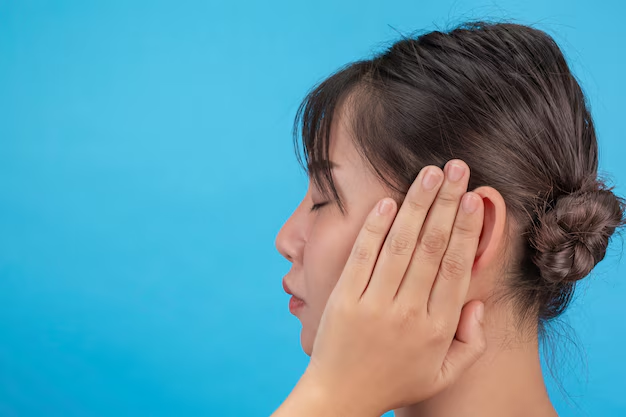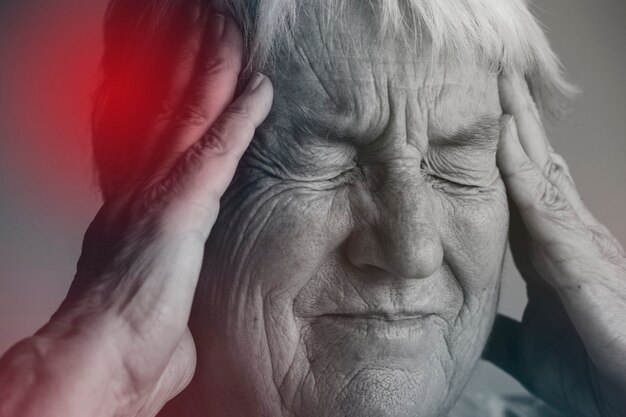Tinnitus is a widespread condition where individuals perceive phantom sounds, such as ringing, buzzing, or hissing, without any external source. The intensity, pitch, and duration of the sound can vary, and for some, it can significantly impact daily life. It can lead to difficulty focusing, sleeping, and cause emotional strain, including anxiety, depression, and frustration. Tinnitus may result from a variety of factors such as ear infections, earwax buildup, hearing loss, loud noise exposure, or certain medications. Chronic tinnitus affects around 10% of the population, with 1-2% experiencing severe symptoms that can be debilitating.
Although there is no universal cure for tinnitus, various treatment options can help manage and alleviate symptoms. Sound therapy, cognitive behavioral therapy (CBT), hearing aids, and tinnitus retraining therapy (TRT) are commonly used to reduce the impact of tinnitus. Early diagnosis and intervention are critical to improving quality of life. Seeking professional care from audiologists or ENT specialists can help create a personalized treatment plan to better manage the condition.



Prolonged exposure to loud sounds can damage ear cells, causing permanent hearing loss and triggering tinnitus symptoms.



Certain ototoxic medications, such as high doses of aspirin, certain antibiotics, or chemotherapy drugs, may cause tinnitus as a side effect.

90% experience a reduction in their tinnitus during their first appointment! With clinics in Dublin, Drogheda, Dundalk and Kingscourt.